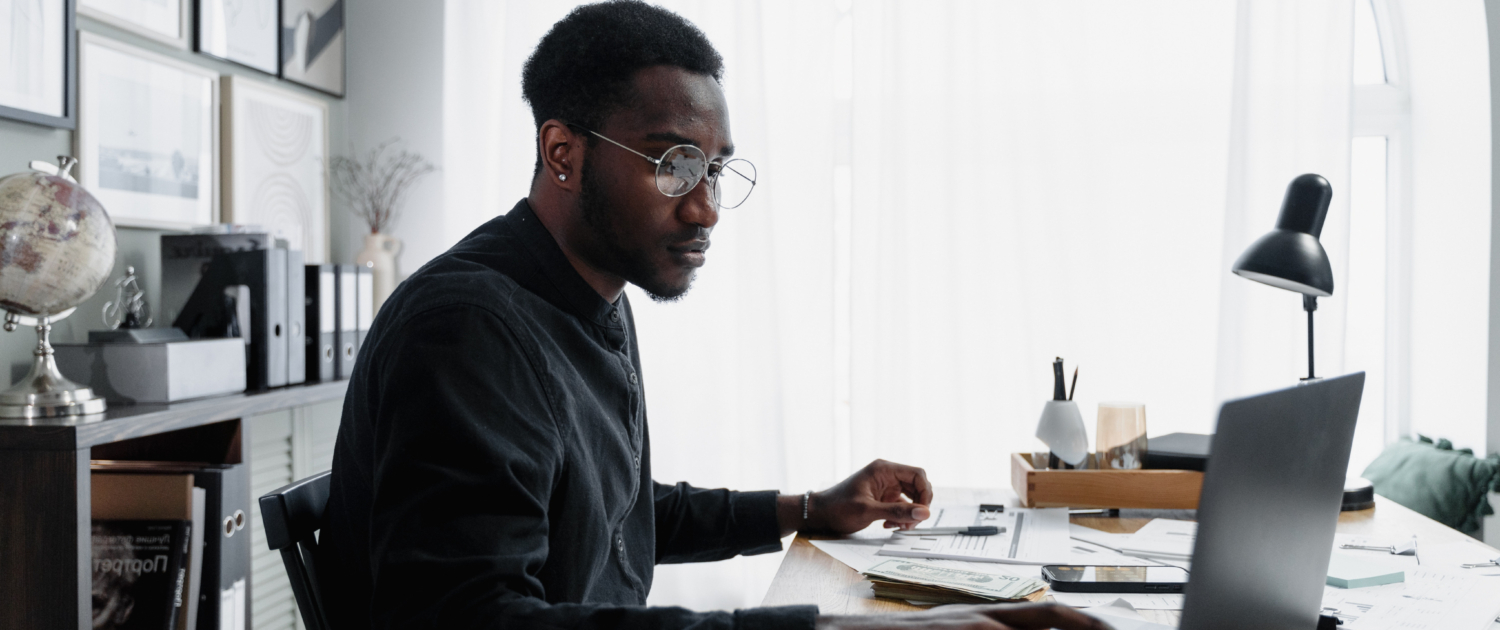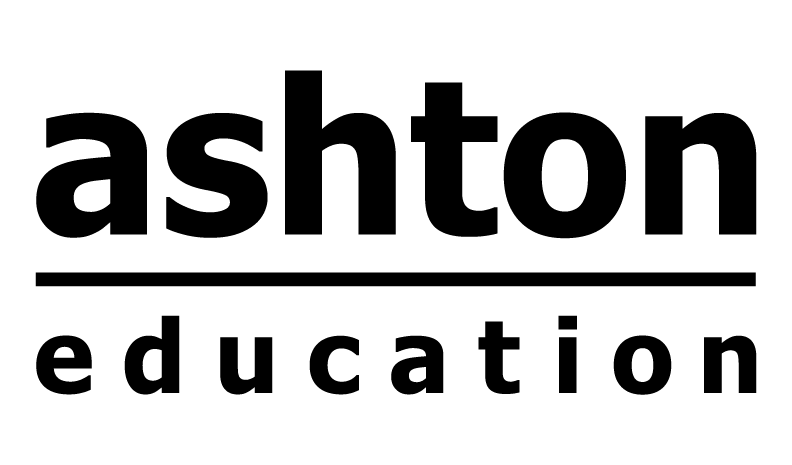Is Technology Killing Your Creativity?
Do you think it is possible or even probable that technology is making you less creative? Technology enthusiasts and creative types are bound to disagree on this debate, and there are some fascinating arguments on both sides. Read on to learn how technology can both challenge and simplify creative processes, causing us to question romantic notions of creative ingenuity and technological superiority.
The Death of Creativity
How does technology cut us off from creativity? Some would argue that through mass production and standardized creative processes, technology can move us away from our more authentic folk art roots and individual styles. Heavily processed and overproduced content arguably robs us of originality, ingenuity and individuality. It often seems as though everything has already been done before. Consider the excess of reboots and relaunching old media for a new audience. Perhaps this too is a byproduct of our expanded technological capabilities, because we have limitless access to external content and endless opportunity for comparison. Technology does so much for us that we can often rely on clever software and other digital processes to fill in the gaps in our creativity.
With our pop culture obsessions and celebrity worship, society certainly has a tendency to romanticize what it means to be an artist or creative person. We have this romantic notion of the starving artist who is unconstrained by technology or corporate financing. But is that really an accurate picture? Could technology actually be helping our creativity?
The Birth of Efficiency
This may sound counter-intuitive, but technology has the power to enhance, empower, and challenge us. When used with intention and mindfulness, technology can unexpectedly inspire us and support creative processes by removing routine obstacles. One of the most impactful ways that technology supports our creativity is through automation, simplifying repetitive processes to free up more mental energy and creative capacity for our critical thinking and ingenuity in other areas. Did you know that can even create your own music using a coding language such as Python? How cool is it that computer science professionals who earn their Python certification could use their coding skills to compose beautiful symphonies or hypnotic electronic dance music?
Adaptive Design
Technology is a powerful tool that can help us elevate and improve our work, but software limitations and rigidity can often hold us back. In an academic article on the impact of technology on creativity in design, researchers Nathalie Bonnardel and Franck Zenasni assess whether or not new technology enhances or hinders the creative design process. They argue that “technologies can contribute to both divergent and convergent processes, which underlie creativity” and the creative process. They also describe how people who have a higher “tolerance for ambiguity” are ideally suited for creative thinking and finding unconventional connections between disparate ideas. These qualities and characteristics could potentially be included in design software to make the technology better suited for creativity. Overall, Bonnardel and Zenasni emphasize the importance of adaptability in software design. They envision a future where “a more intelligent system would be able to adapt… parts of the creative process to the personality of the creators.” We all have a better shot at creative success when we use technology in conscious ways instead of allowing the technology to do the thinking for us.

Unexpected Creative Uses of Technology
Are you passionate about creative problem solving and finding clever solutions to common business problems? Continuing education and ongoing curiosity can help you to work with technology instead of fighting against it. A good place to start is with digital storytelling training, where you can learn about narrative structure and explore emerging digital platforms such as virtual or augmented reality. By combining literary analysis with technology, you will develop a stronger understanding of both disciplines.
People who love creative problem solving may also enjoy the challenge of pursuing their Azure certification. You can also read up on artificial intelligence or take a robotics course if you really want to fall down the rabbit hole. Whatever inspires you, look for purposeful uses of technology to support and even expand on your creative processes.
Further Reading
Looking for additional reading material? Check out our previous blog featuring a list of the best science fiction to motivate your technology studies or read up on how businesses are coping and adapting in the world of digital transformation.



